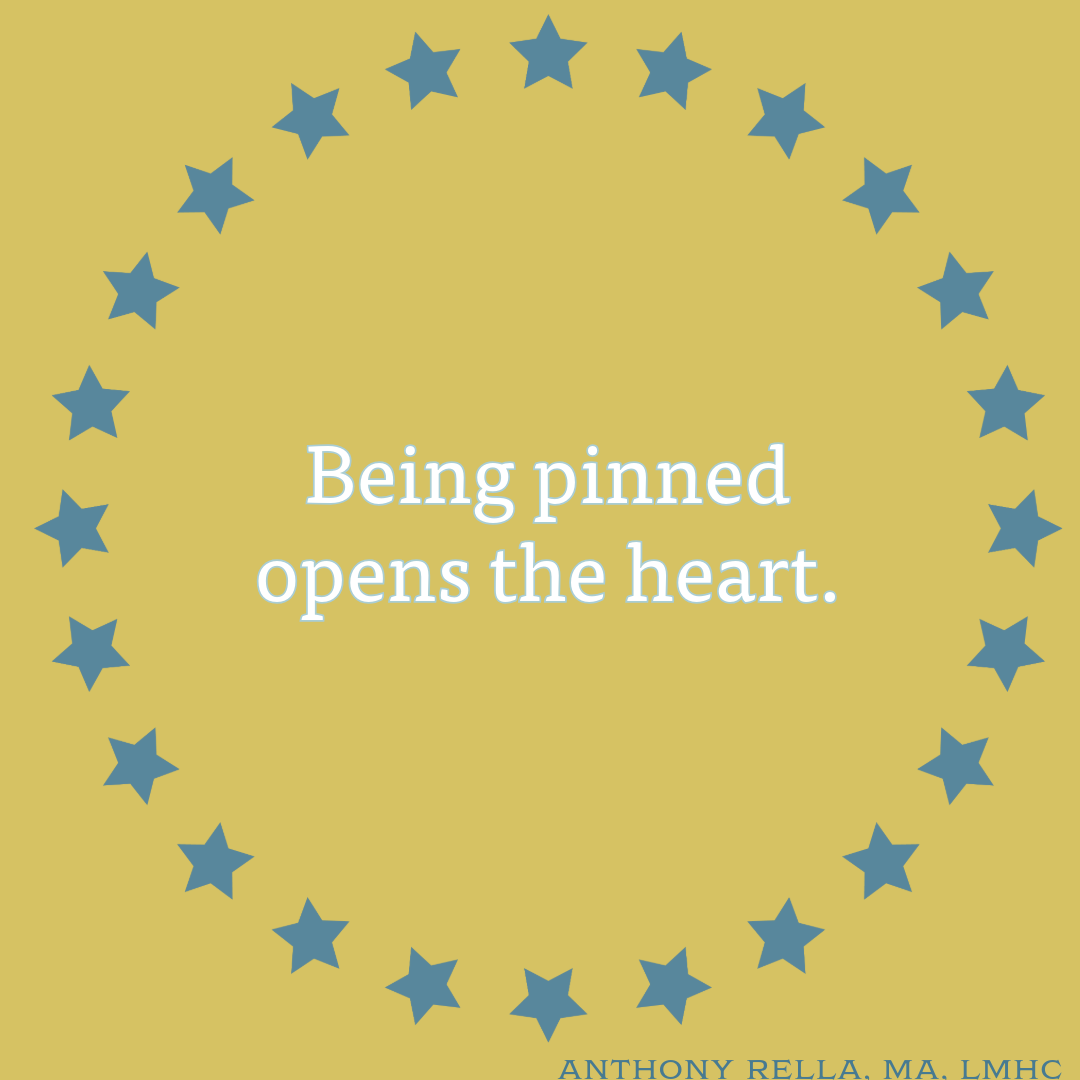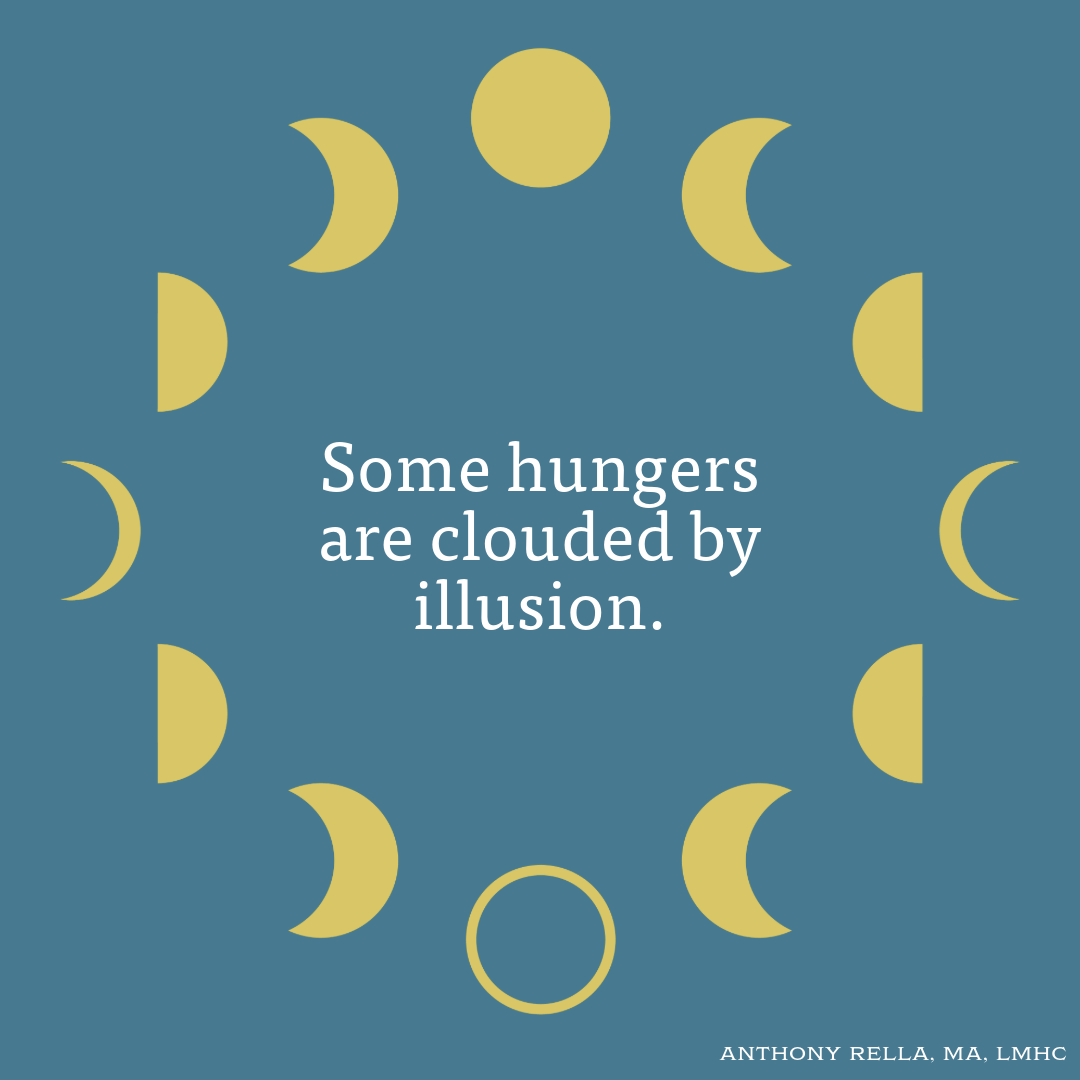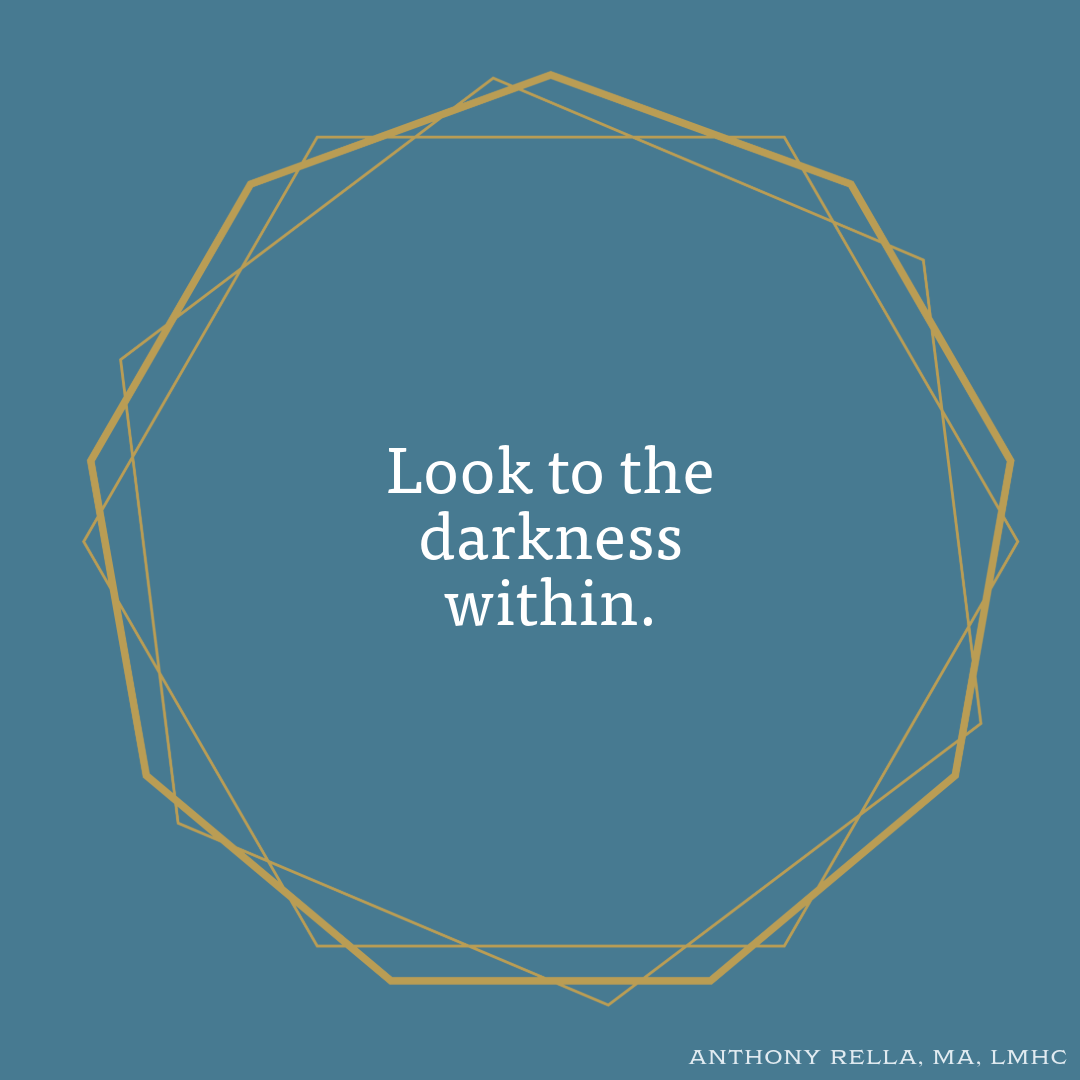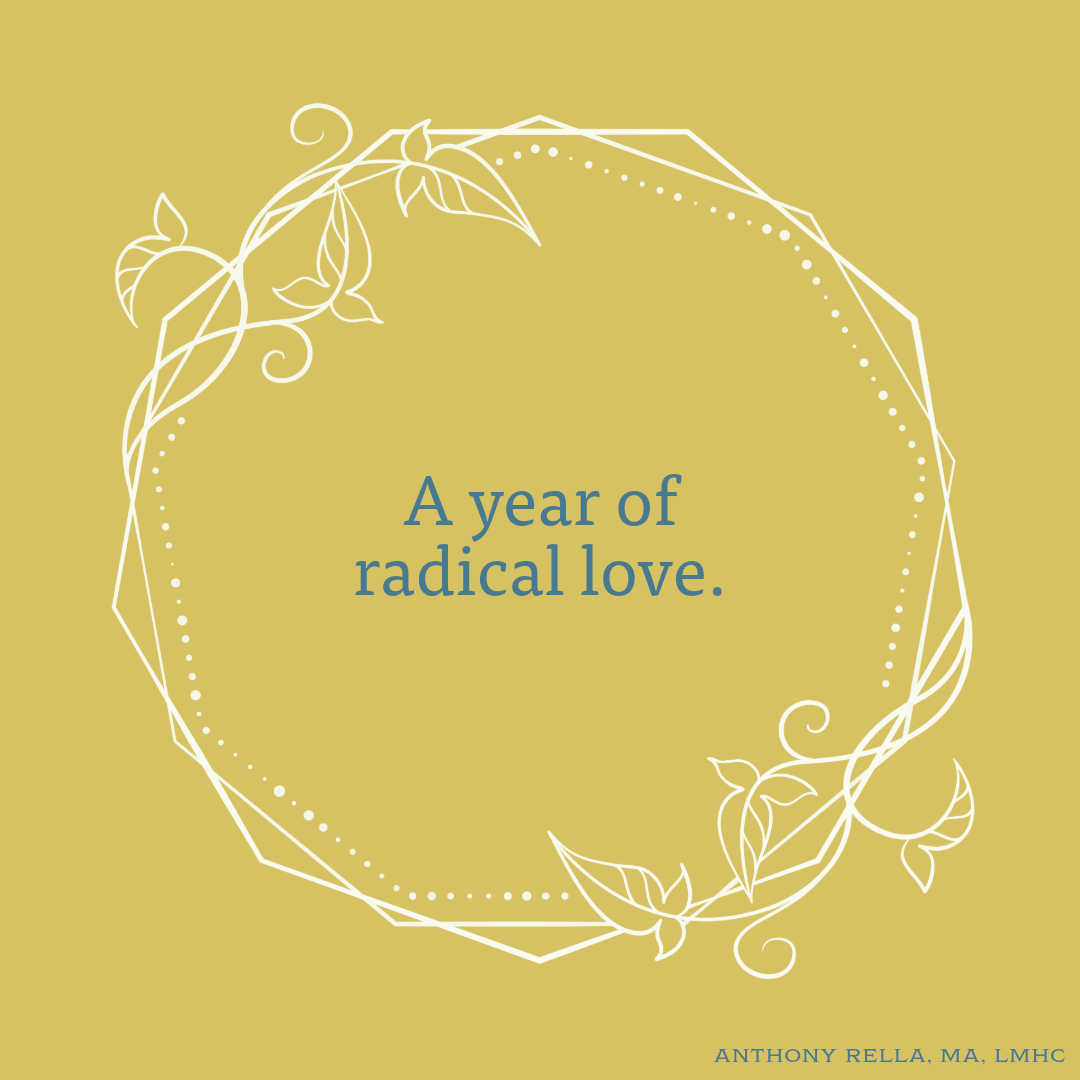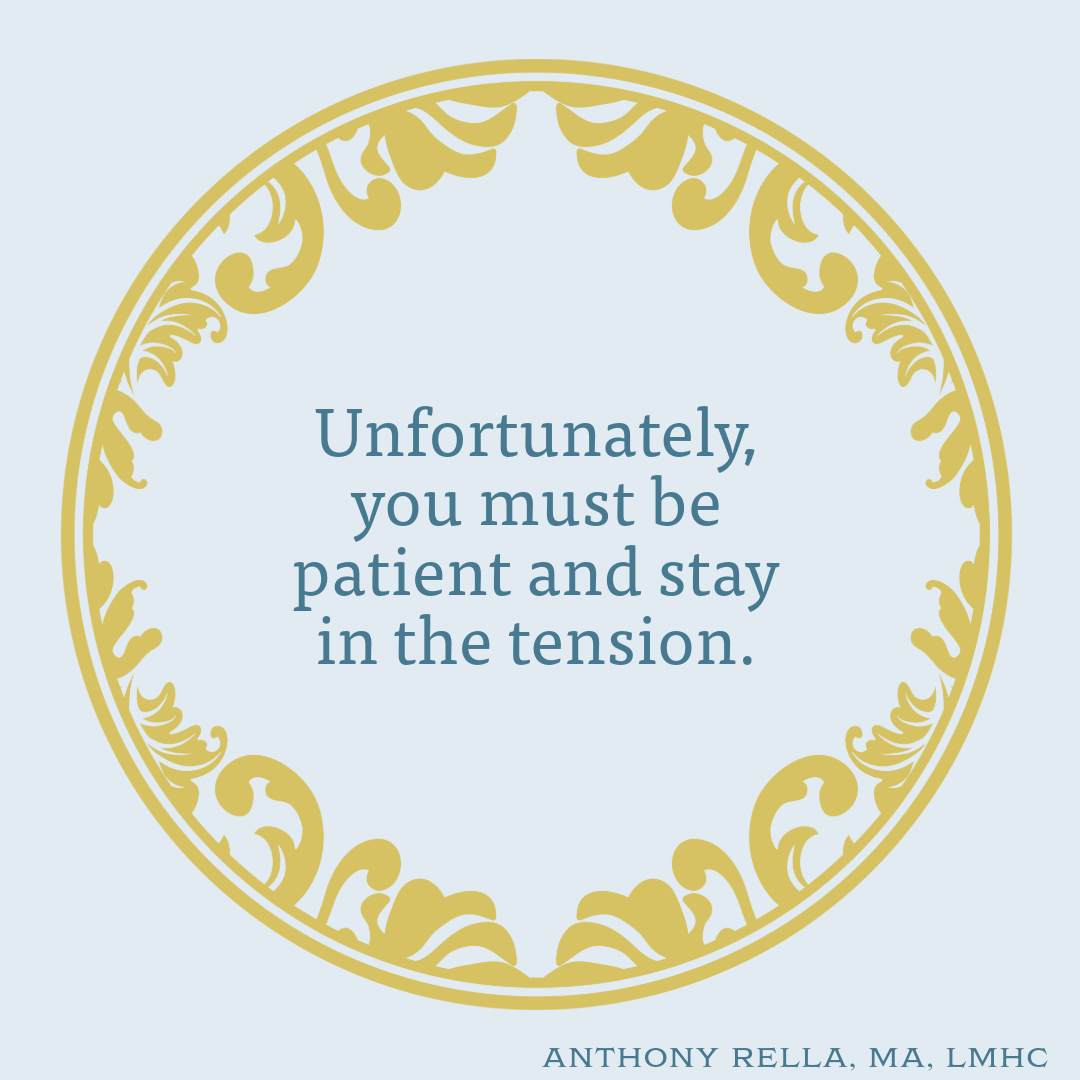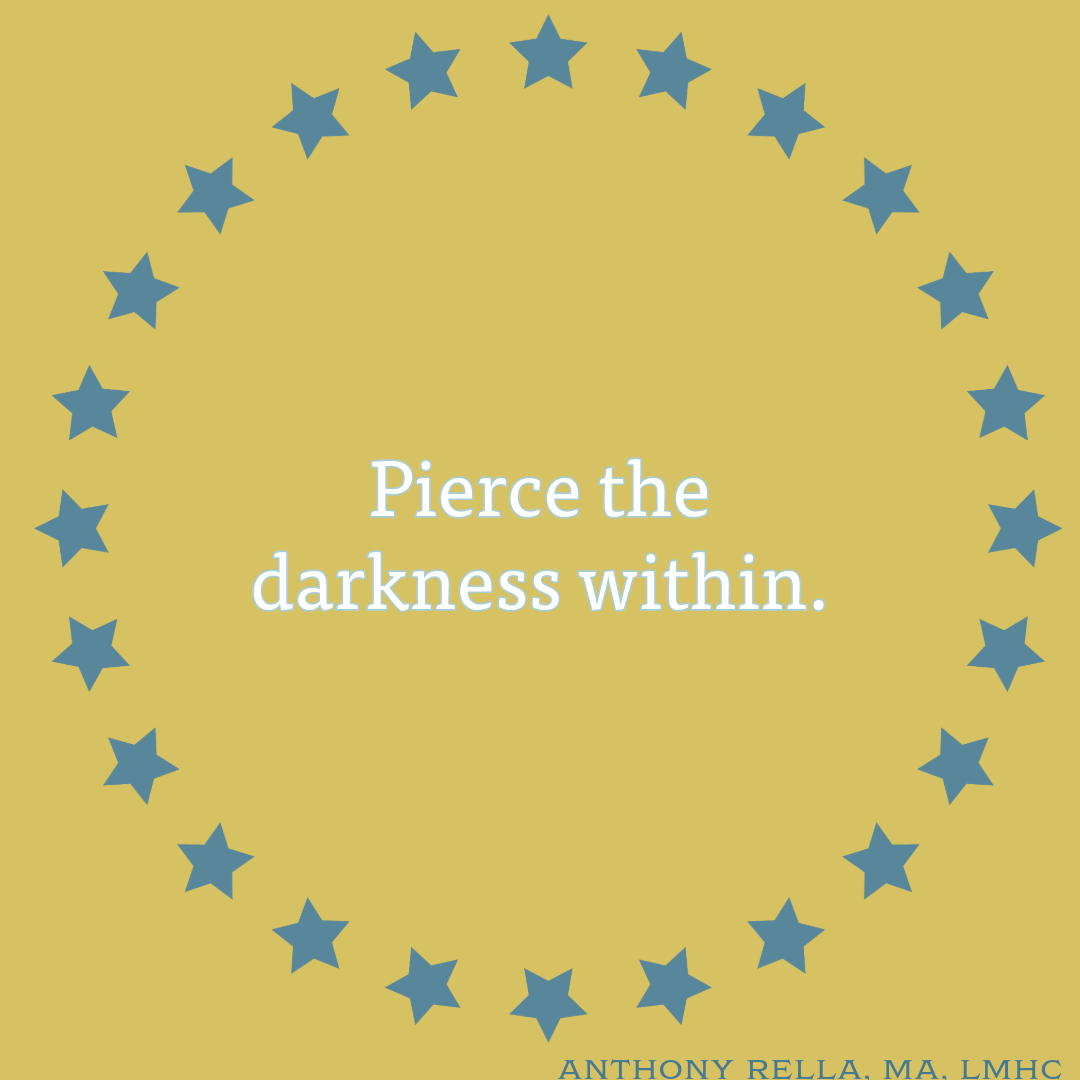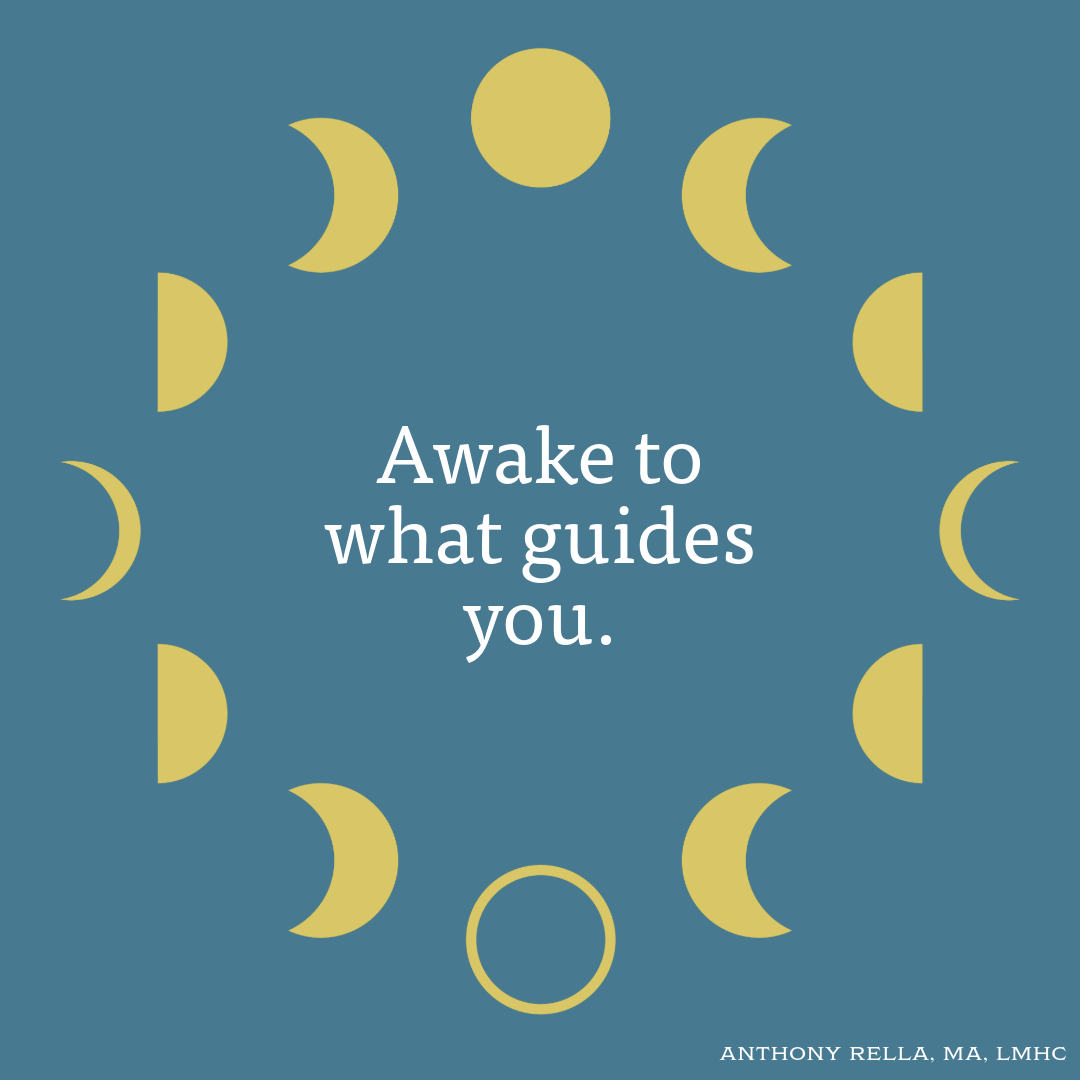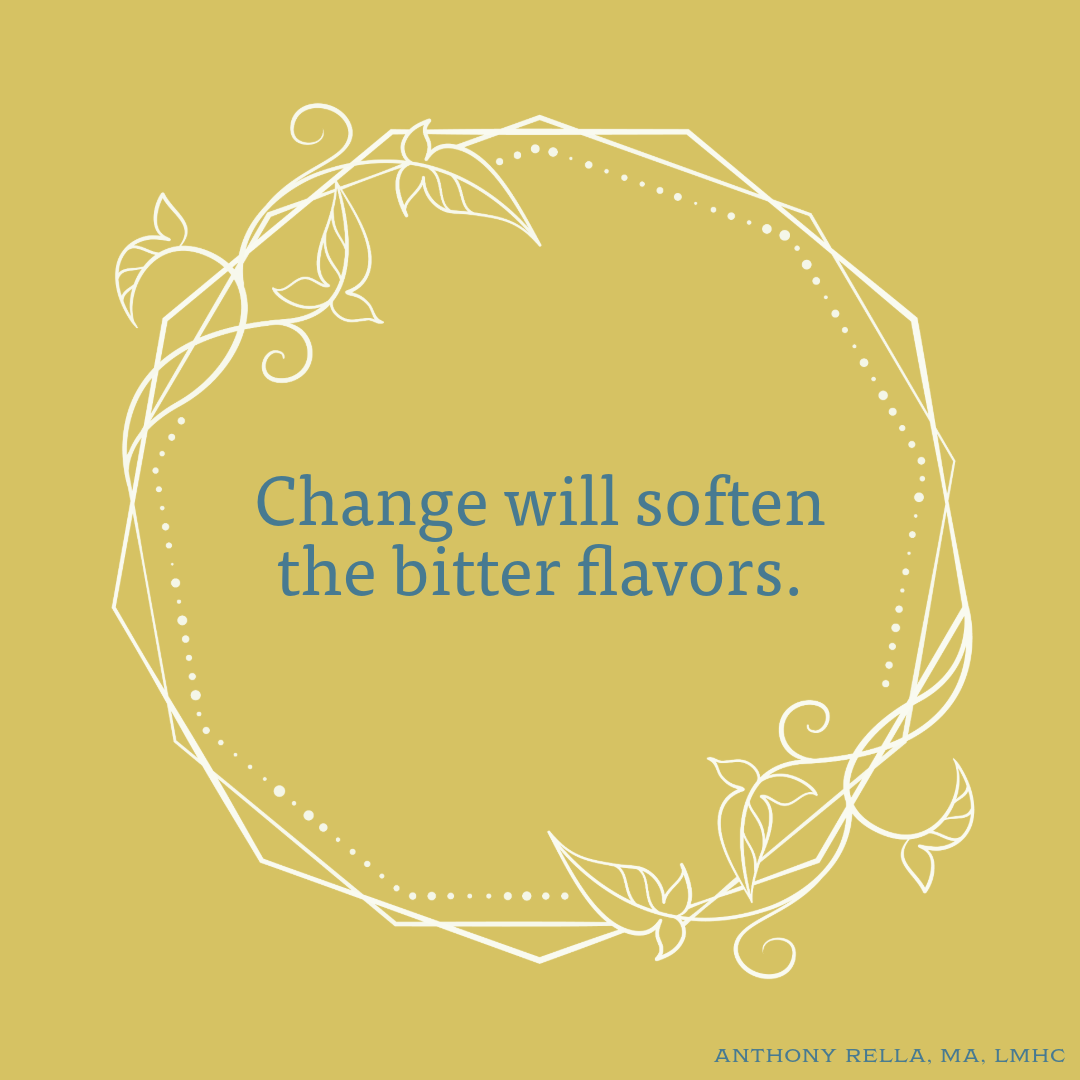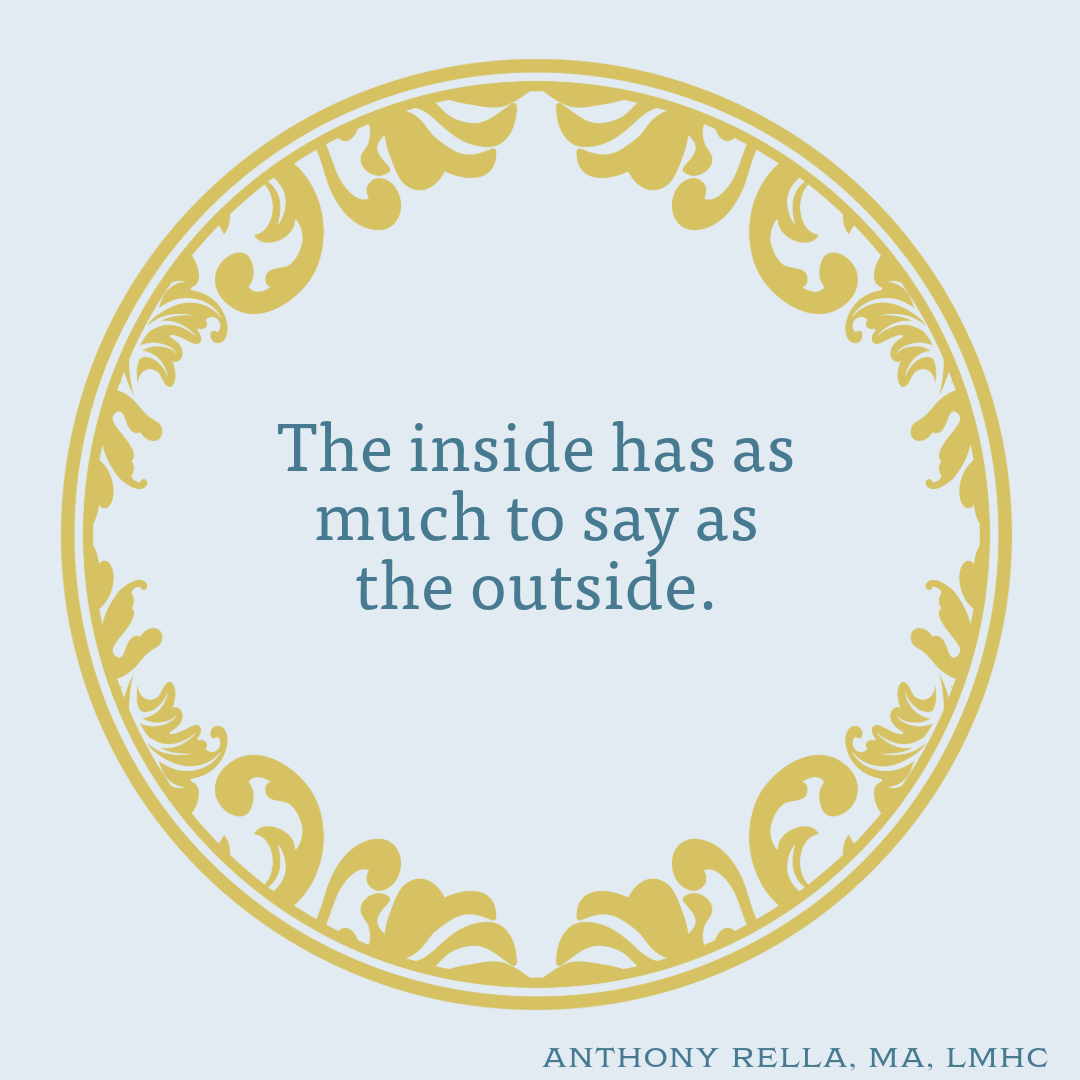No one loves feeling trapped. And there’s not much to love about it. But it has much to teach us. We can exhaust ourselves in the efforts to pretend we’re not trapped or escape the trap we’re in, only to find we carry the mechanisms of the trap inside.
Being humbled in defeat is a great gift. All the thrashing starts to settle when you finally experience what you most feared would happen. It turns out the trap was your unwillingness to experience pain, and that unwillingness made the pain into suffering.
This is a season when the ego’s efforts to hold onto its fantasy of self are thwarted. You thought you were beloved when you were despised. You thought you were impervious but you had weakness. It could all be okay, not in the sense that things will work out the way you think it should, but that you can be okay even when hardship comes. And that okayness is the true warrior’s heart, to set aside how you think life should go and instead meet life as it is with courage.


